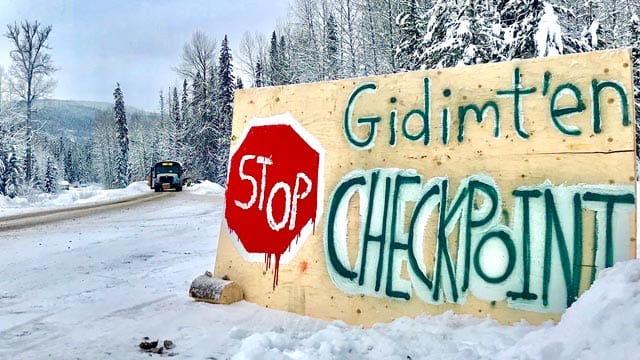Canada created the crisis of insurgency. Because Canada’s greed created a situation where Indigenous peoples stand with almost nothing to lose.
News reports are ablaze with reports of looming Indigenous blockades and economic disruption. As the Idle No More (INM) movement explodes into a new territory of political action, it bears to amplify the incredible economic leverage of First Nations today, and how frightened the government and industry are of their capacity to wield it.
In recent years, Access to Information (ATI) records obtained by journalists reveal a massive state-wide surveillance and “hot spot monitoring” operation coordinated between the Department of Indian Affairs, the Royal Canadian Mounted Police (RCMP), the Canadian Security Intelligence Service (CSIS), local security forces, natural resource and transportation ministries, border agencies, and industry stakeholders. These efforts have been explicitly mobilized to protect “critical infrastructure” from Indigenous attack.
What is critical infrastructure? MORE



